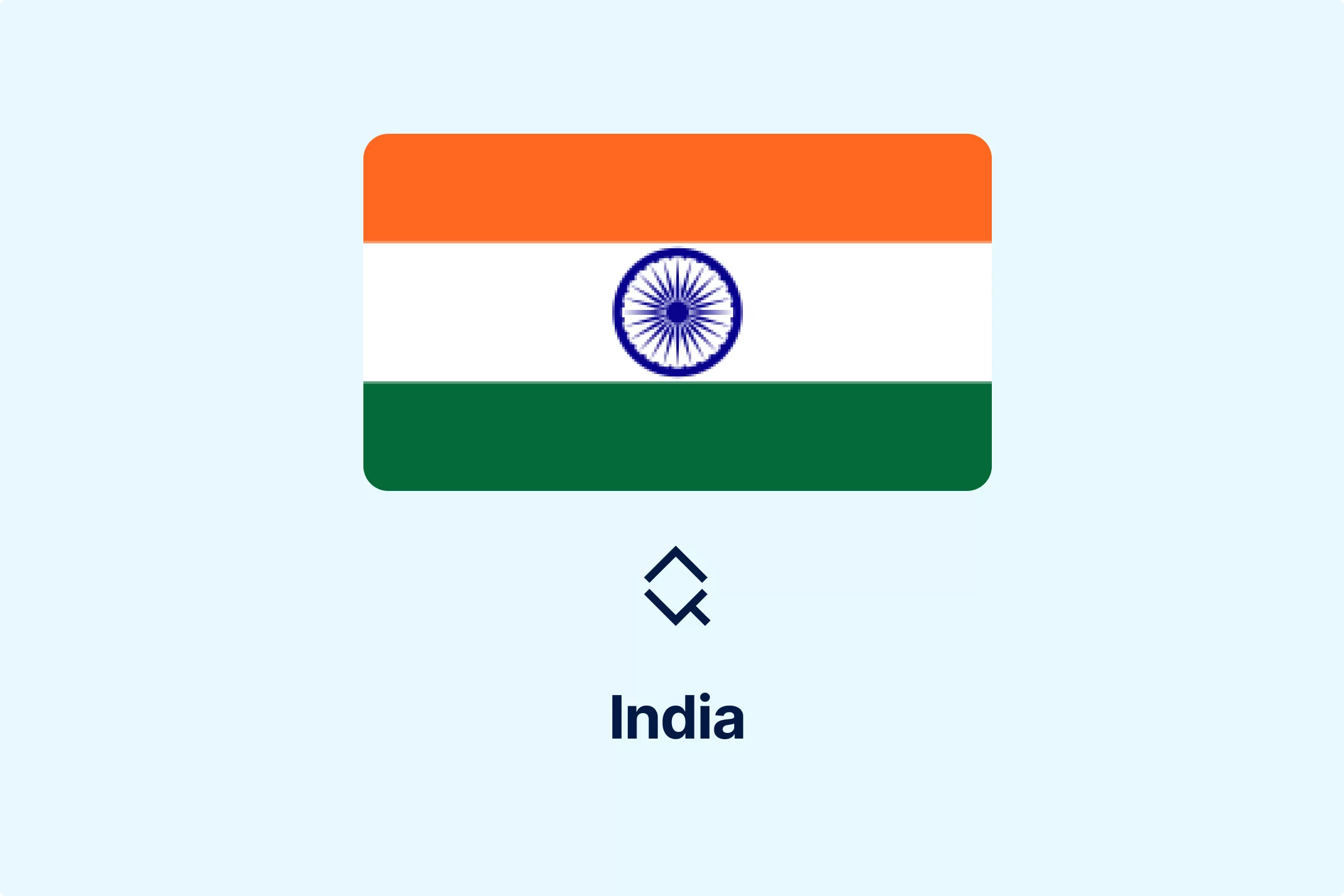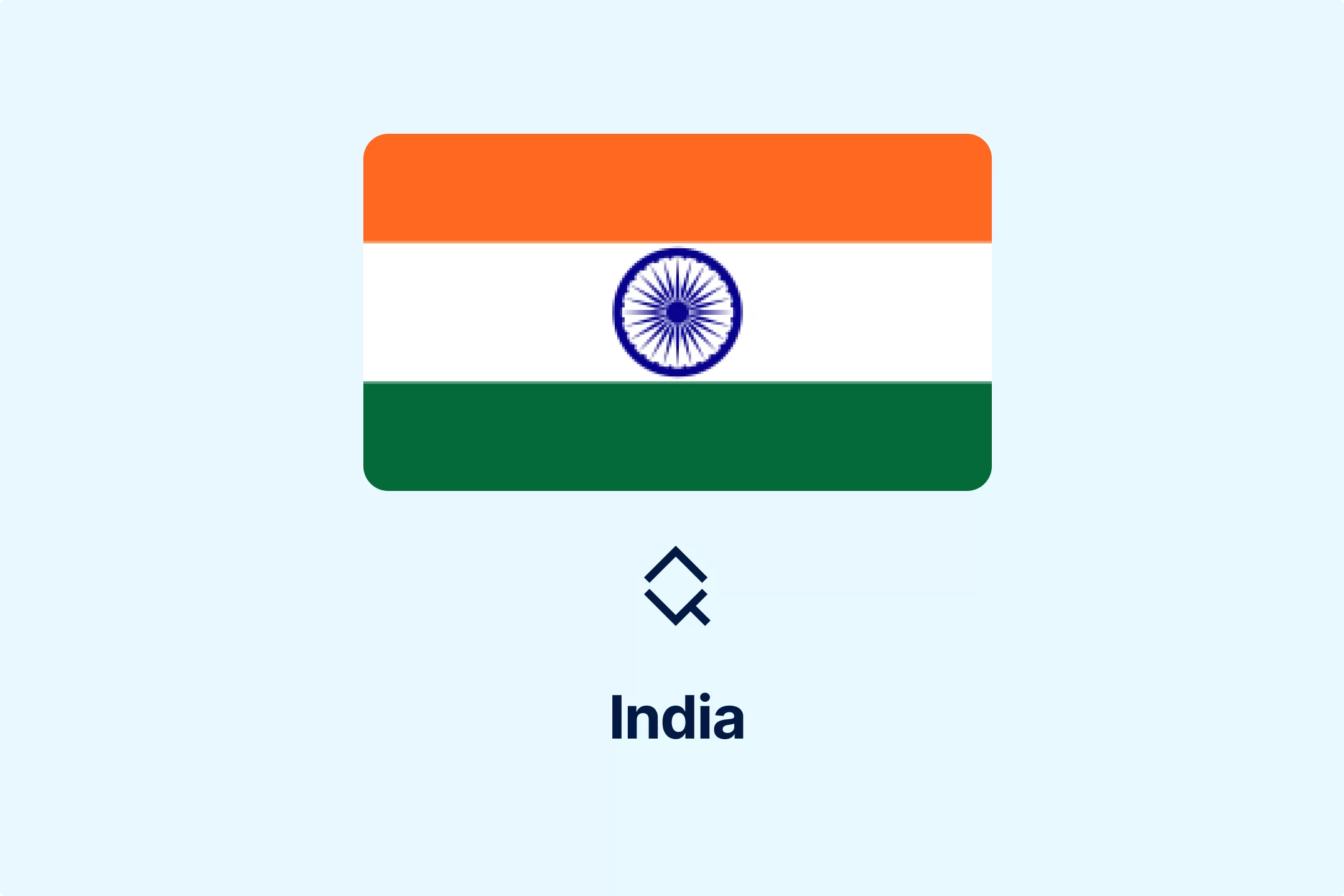India – Elimination of the Equalization Levy

Introduced in 2016 to ensure digital multinational corporations not based in India pay their fair share of taxes on revenues generated from Indian users, the equalization levy was set at 6% on online advertising services. Later, with the adoption of the Financial Act 2020, this was expanded to a 2% tax on e-commerce operators.
Significantly, in the Budget 2024-2025 speech, Minister of Finance Nirmala Sitharaman announced the abolition of the 2% equalization levy on the consideration received for the e-commerce supply of goods or services from August 1, 2024.
Reasons for the Decision
Elimination of the 2% equalization levy on digital companies, online education-providing firms, and software-as-a-service (SaaS) providers without a permanent physical presence in India is based on the efforts of the Indian government to follow recommendations of the Organization for Economic Co-operation and Development (OECD) to promote uniformity in taxation frameworks for multinational corporations.
In recent years, the OECD has deliberated a more lasting and efficient strategy to revise tax regulations for large corporations and further restrict multinational companies' tax planning. Pillar One aims to alter the jurisdictions where these companies pay taxes.
For companies with worldwide revenues exceeding EUR 20 billion (USD 26.4 billion) and profitability over 10%, 25% of the profits beyond the 10% threshold would be taxed according to a new formula that considers the location of the company's customers.
Apart from the willingness to comply with OECD Pillar 1, there is another reason for this decision. The US companies were the foreign companies that were hit the most by the 2% equalization levy, which led to political tension and tariffs between the US and India.
Conclusion
Since the equalization levy was not treated as a tax under the income tax law, its removal should ease the compliance burden for many global companies doing business remotely with India and reduce their cost burden. Additionally, while the future of the OECD Pillar 1 is still uncertain, it remains to be seen if the Indian government will impose domestic legislation under the proposed global tax deal.
Source: 2024-2025 Budget, Deloitte - Tax highlights of Union Budget 2024, OECD - Multilateral Convention to Implement Amount A of Pillar One

More News from India
Get real-time updates and developments from around the world, keeping you informed and prepared.
-e9lcpxl5nq.webp)











